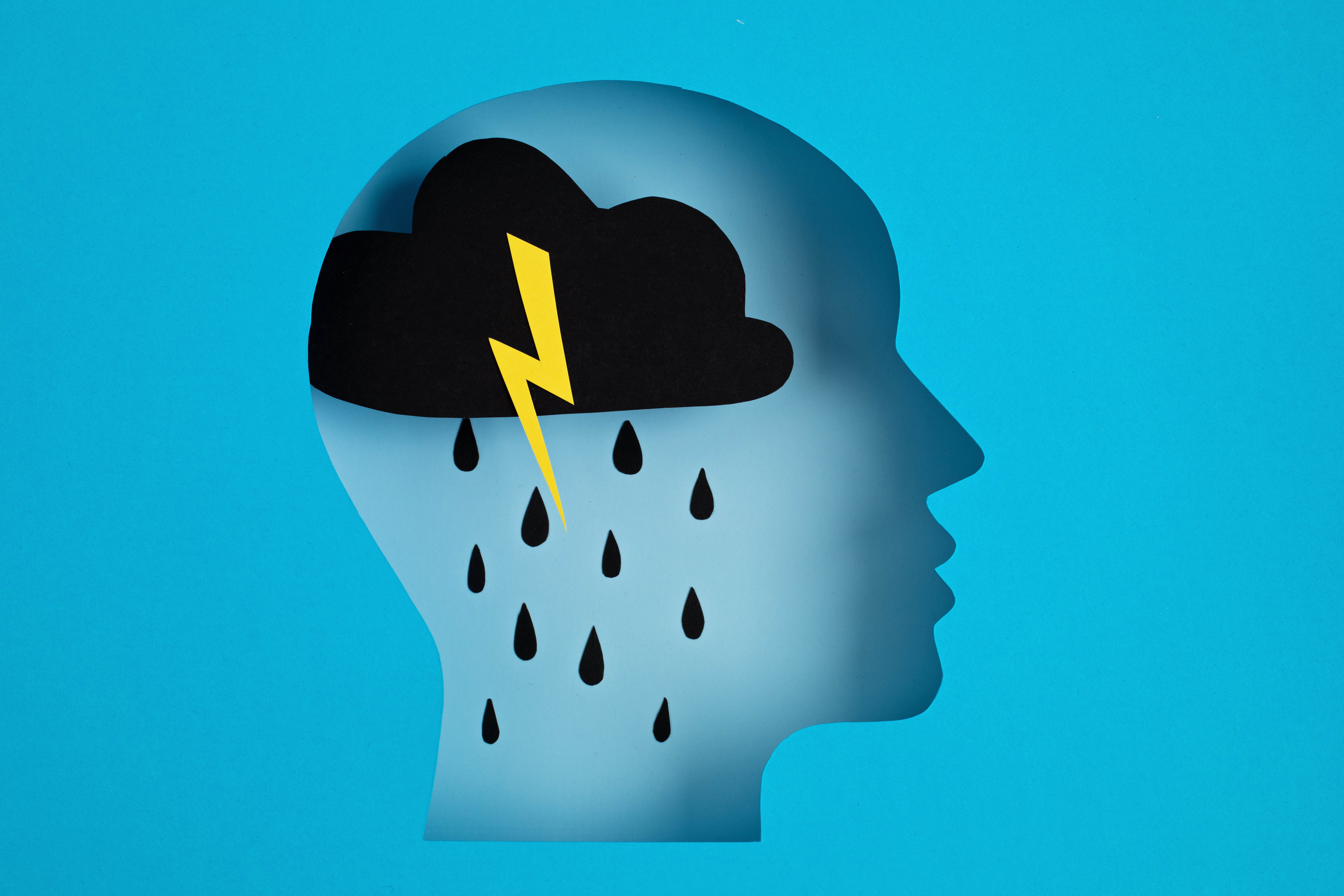
Isolation, depression plague college freshmen
Maren Lopez spent her first semester at home in California, far away from Washington State University’s Pullman campus.
“I was just in my room constantly last semester. It was horrible and I felt so alone,” Lopez said. “I had to get a job because of it, so I could go to work instead of wallowing in my room feeling so upset and depressed.”
Social isolation helps keep COVID-19 cases down, but surveys and studies are showing that young people are particularly affected as universities moved online and job opportunities dried up. Young adults ages 18-24 were more likely to report anxiety and depression, increased substance abuse, and suicidal thoughts than older Americans during the pandemic, according to a 2021 analysis by Kaiser Family Foundation.
Historically, studies have shown that college students are prone to feeling lonely. For this year’s college freshman, the loss of peer interactions and social outlets were particularly challenging, even for those who lived on campus.
Britney Mitsules, a freshman living in Northside Residence Hall, said the restrictions on campus left her feeling isolated. Even though she saw other students on campus, they rarely interacted.
“It’s really quiet in the dorms,” Mitsules said. “You aren’t really allowed to hang out with people that you meet, and there’s not a lot of people even to talk to.”
Many young adults used social media to reach out to peers.
Mason Dreon chose to stay home in Olympia, Wash., while she took online classes. For Dreon, social media can be the only way to cure that itch for interaction, even if it is virtual. Instagram provided a way to find new people and Snapchat and texting allowed conversations to feel personal, Dreon said.
In university Zoom classes, it’s hard to meet people, Dreon said.
“I’m not gonna be like ‘Hi, want to be my friend?’ to a random person in my Zoom class,” Dreon said.
For others, social media can increase anxiety.
“I would see all my new sorority sisters posting stuff and hanging out,” Lopez said. “I felt super behind on making new friends.”
Instead, Lopez found a lot of comfort in a support group online set up by her therapist. She would meet with a group of young women around her age each Wednesday, and they would discuss their pandemic experience and how they were feeling as a group.
“This is one of the things that changed my perspective and made me a little less lonely,” Lopez said.















